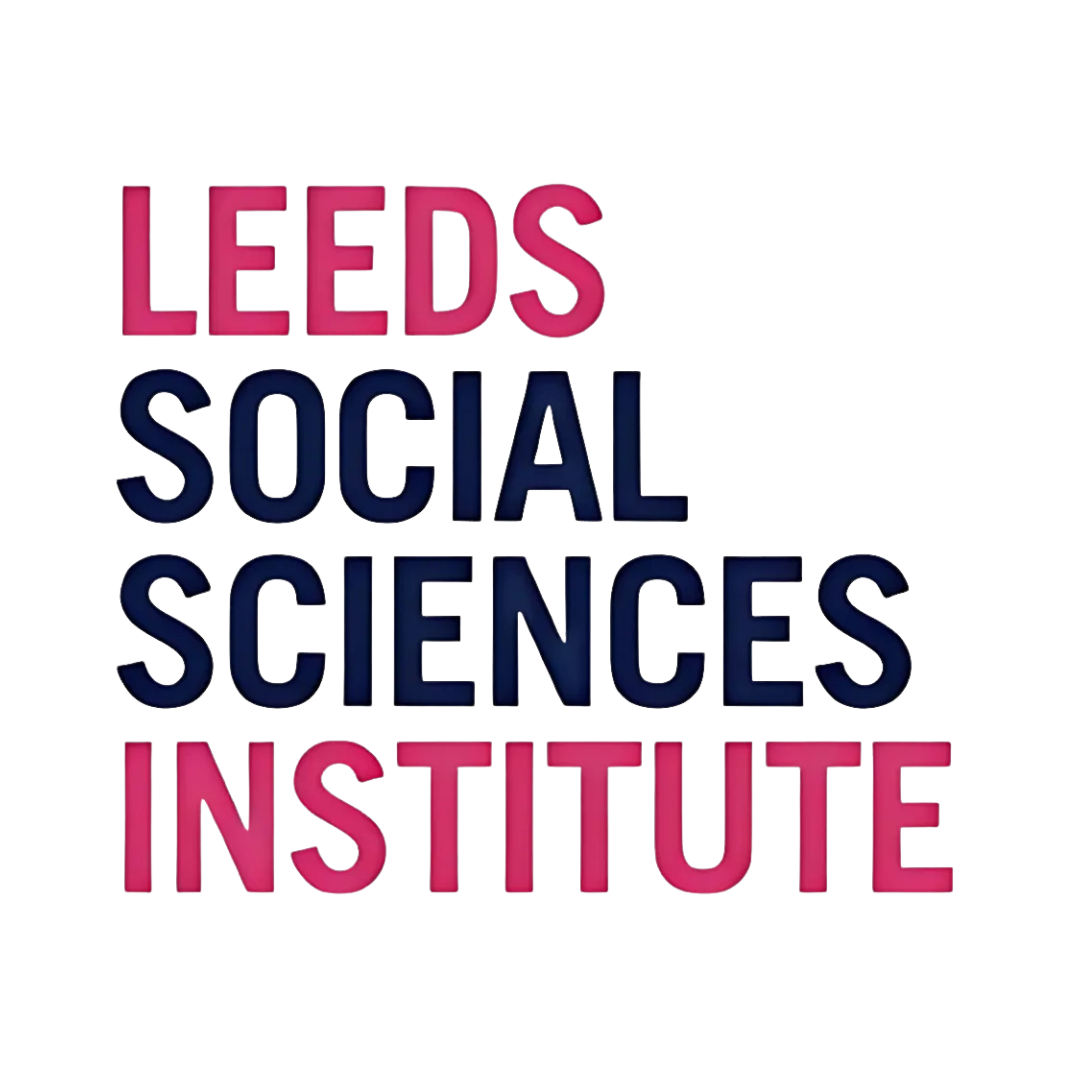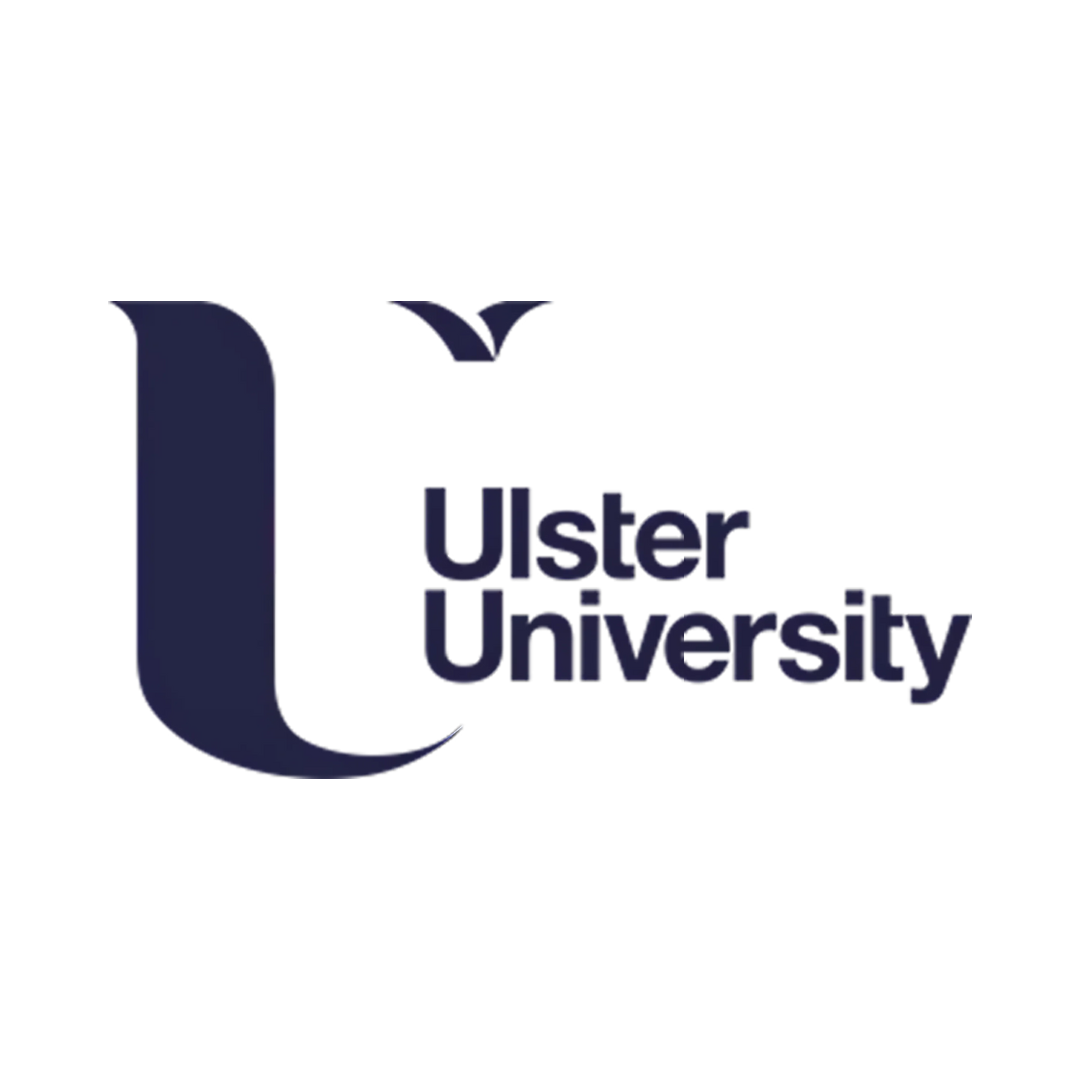Speaking the same language: why communicating for impact benefits businesses
December 9 2021
Speaking the same language: why communicating for impact benefits businesses
Gaëlle Coullon and Lauren Sosdian discuss some of the reasons why communicating for impact is important for businesses, and how training these skills can benefit all departments within an organisation.
Within a commercial organisation, in particular a technology-focused one, communication between technical teams (such as engineers, scientists, and technicians) and customer-facing ones (for examples, sales and marketing, c-suite, and investors) can be a challenge. In most sectors and companies, technical and customer-facing teams are separate entities with distinct skill sets, competencies, and tasks. Often, these two teams lack the opportunities and skills to communicate effectively with one another. This can be because many companies haven’t defined what that ‘same language’ looks like1. Telling engineers to work on their ‘soft-skills’ or encouraging customer-facing teams to improve their technical vocabulary isn’t enough1. By learning how to speak each other’s language, communication between departments and teams can be vastly improved and optimised, creating opportunities for collaboration, efficiency, and growth.
What’s in it for companies?
Communicating technical concepts to non-specialist or customer-facing audiences is a valuable skill for technical teams to hone. Encouraging these skills across all technical departments and at all levels can not only improve an organisation’s internal communication; it can also help technical teams better understand customer needs, customer-facing teams improve their understanding and positioning of products to customers, and ultimately improve sales.
Communication between technical and non-technical teams within a commercial organisation is increasingly important when developing product strategy and building collaborations. Many of the challenges that companies are working to solve today – from climate change to brain disease – require people from different fields to work together and combine methods and knowledge. Successful collaborations rely on the ability to communicate complex concepts to colleagues with different technical backgrounds and experiences. When companies create skills and systems to foster communication between departments, they often find that productivity increases, and that new ideas that they had not planned for come about more easily.
By developing communication strategies for impact, commercial organisations can:
- Encourage creativity in product development.
- Enable the development of better sales strategies.
- Facilitate better inter-disciplinary interactions, collaboration, and innovation within the organisation.
- Upskill employees and improve their long-term career trajectory.
Obvious benefits of these improvements are increased sales performance and optimised product development and collaborations. But the benefits don’t end there. In the long-term, high levels of effective cross-team communication can also contribute to more confident employees, improving mood, team spirit and, ultimately, talent retainment.
How can technical employees and customer-facing teams communicate more effectively with each other?
At Oxentia, we’ve developed customisable training programmes to help technical employees from all fields and departments hone their skills and overcome some of the most common pitfalls of communicating with different audiences. Through years of experience supporting researchers and technical teams in the development and commercialisation of novel technologies, we have identified the common skill gaps that prevent companies from achieving their full potential through effective communication. This has enabled us to create exercises and toolkits to help employees and researchers craft compelling stories about their work, communicating complex ideas clearly without over-simplifying them.
To discover more about communication for impact, the strategies to foster it, and the benefits that it could bring to your organisation, get in touch with us today.
[1] https://builtin.com/software-engineering-perspectives/communicating-with-sales-team





































